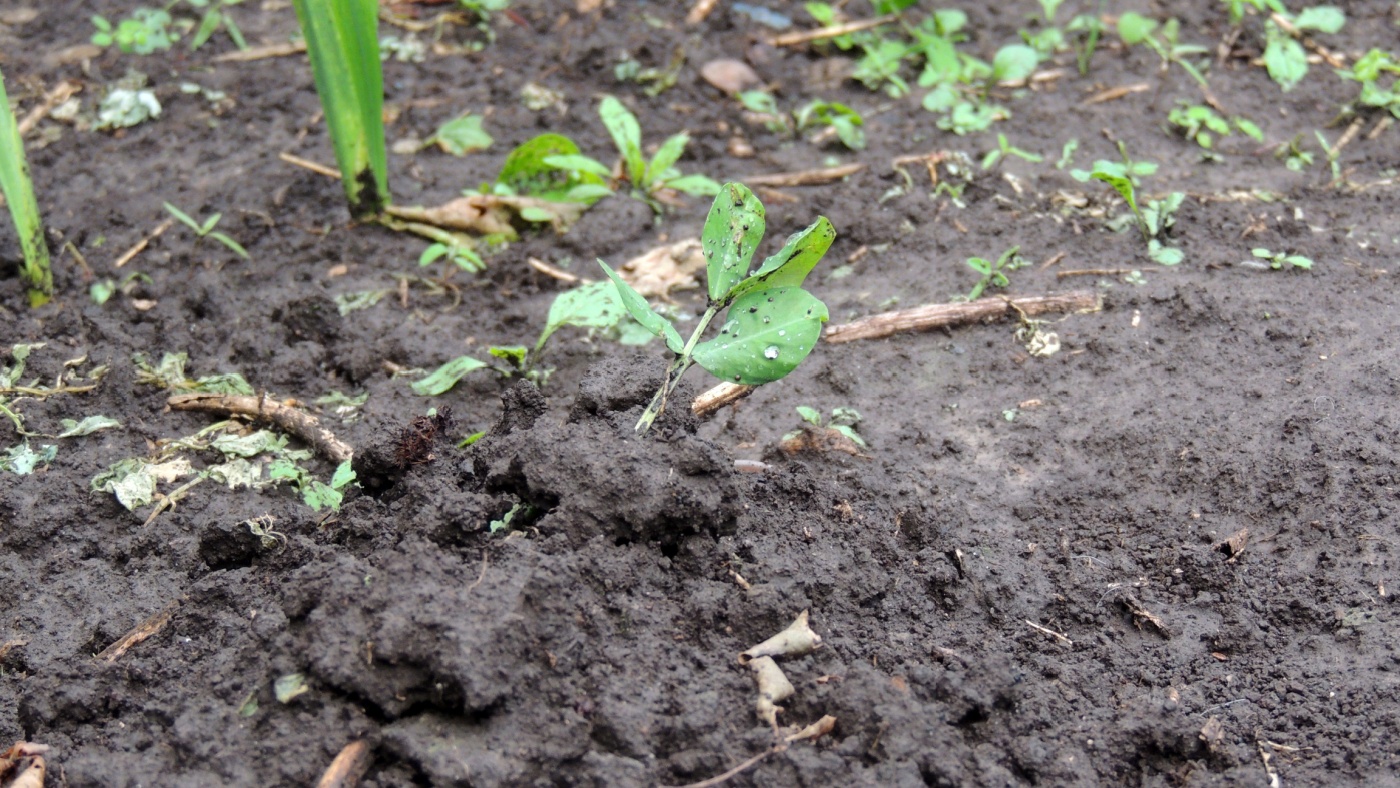It’s typical when we get a hurricane or a tropical storm to come through that right behind it, we get some really nice weather. And we did this time, but it was sort of a delayed reaction. Let’s find out why, from climatologist Corey Davis, Assistant State Climatologist with the state climate office of North Carolina. Corey, the last few days have just been amazing. Tell us about that.
Yeah, Mike, this is one of my favorite times of the year, when we get those first late summer mornings, when the temperatures are down in the 50s, you feel that little bit of chill in the air. It’s a good sign that fall is on the way, and that’s not just the mornings. A couple afternoons ago, on Wednesday, our high temperatures only made it into the upper 70s. So that’s a big change from where we were in July and early August before Debby moved through, we were well up into the upper 90s on several days during that period. But we’ve talked before about how sometimes these tropical storms and hurricanes in the atmosphere can act kind of like, kind of like a cue ball that’s going into a group of billiard balls on the table. These are very big, energetic features that just get things moving around in an atmospheric sense. And you think about the environment that Debby moved into a couple weeks ago, it was blocked in by a warmer high pressure system off to the east, and then a cooler system behind a cold front to the north. So when Debby finally broke through that pattern, I kind of left a vacuum. One of those air masses gonna was gonna have to fill it. And what we’ve seen for the most part over the last couple weeks is it’s been that cooler air from the north that has helped us fill that gap over the Carolinas, and again, that’s made for some really nice, comfortable weather here over the past week or so, it really has.”
It has been amazing. Let’s talk about some other effects from Debby. We’re two weeks out from when Debby made her trek through the Carolinas, which leads us to ask about the agricultural impact. What are you hearing on your end, as far as what kind of an impact was made by that storm?
“We’ve got some positive news this week. And if you remember, back before Debbie, we talked about we were really concerned about especially the peanuts, since they’re growing in the ground, sometimes they don’t tolerate being in that waterlogged ground very well. But from South Carolina this week, the report we’re getting from USDA and from some of the growers down there is that the peanuts are generally in pretty good shape. They have noticed some wilting on the peanuts, especially where they’ve been sitting in that saturated ground. But all things considered, they have weathered the storm and that rain pretty well. And of course, since Debbie, we’ve been in a mostly drier pattern having much rain over the last week or two, which I’m sure nobody’s complaining about. We needed that drier stretch just to let those river levels and the moisture levels come back down closer to normal.”


